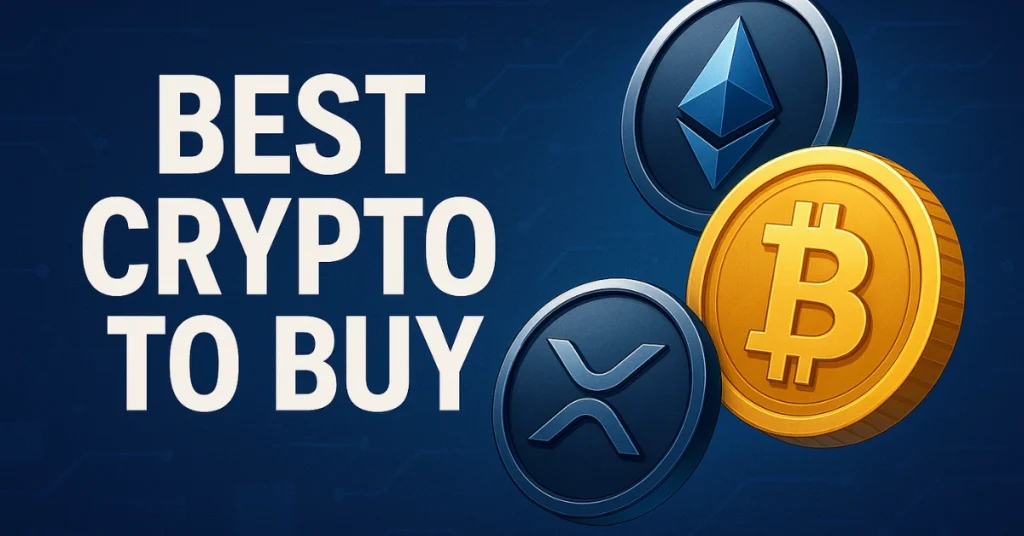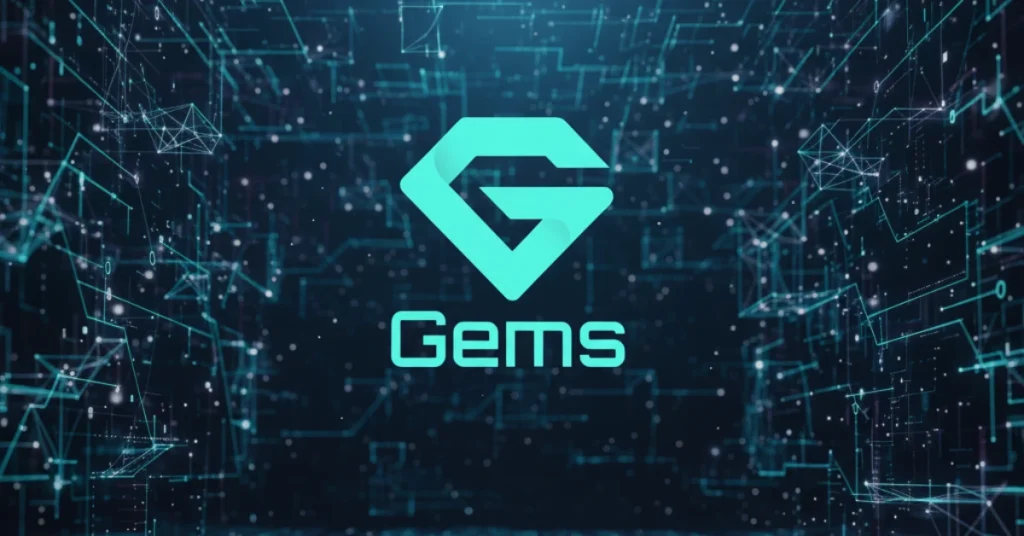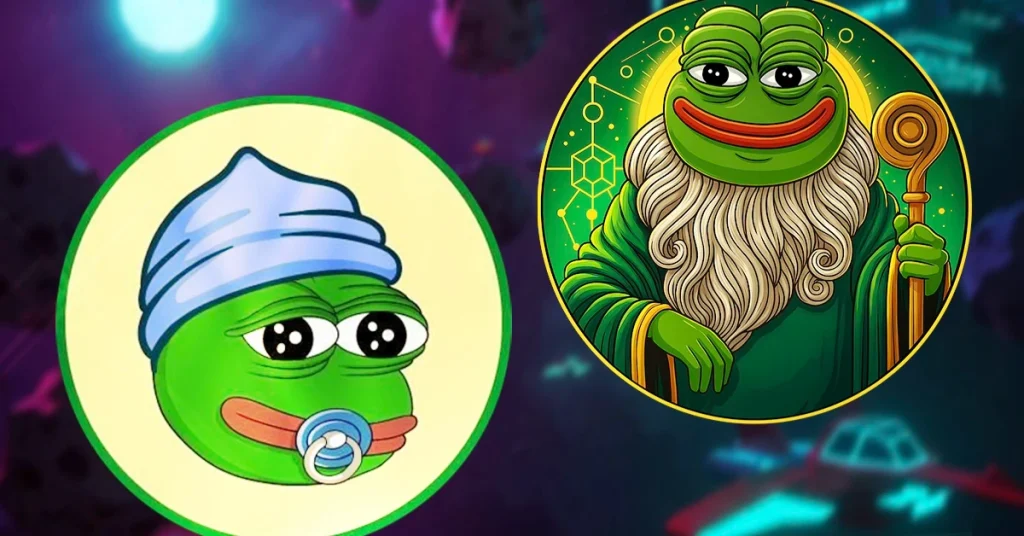
The term “trustless” is often used in crypto-assets. But many people are confused about its meaning. It’s an ambiguous word that can have multiple meanings depending on the context.
Since “sugarless” means “no sugar”, “trustless” should mean “no trust”. But isn’t a lack of trust a bad thing?
In fact, “trustless” is a term that has been repurposed and redefined by the crypto-asset ecosystem.no needIn traditional finance, you trust your bank to make payments and keep your deposits safe, and you trust your broker to fulfill your buy or sell requests.
Cryptocurrencies, on the other hand, theoretically do not need to trust a third party. They trade directly, peer-to-peer, and rely on the code to reconcile balances and verify that everything is okay on-chain.
But at least in theory. In practice, you have to trust the blockchain and the interface even if you remove the middleman. You also need to trust the miners and validators who maintain the network.
When you buy crypto assets from a centralized exchange or have your assets stored in a centralized custody service, you trust those intermediaries to treat your assets fairly (unfortunately, in reality may not be the case). When we use decentralized apps, we trust the code to be bug-free (again, that’s not always the case).
How do you evaluate “trust”?
Like air, our lives are driven by trust. The same is true for “trustless” systems. Our society, no matter how decentralized, cannot function without trust. That’s why contracts work, crypto giants collapse, and people want community.
That’s why the “Edelman Trust Barometer”, which is announced every January, is very interesting. Since 2000, the Trust Survey has documented the decline in trust in society among 32,000 people in 28 countries, measuring their attitudes towards the institutions that shape our lives.
This year’s main theme is the spread of polarization. In countries such as the United States, Argentina and Spain, an overwhelming majority said they were “extremely fragmented and have no solution in sight.” One of the key drivers of this shift has been a decline in trust in governments, which have been described as “immoral and incompetent” and the media, which have been described as “biased and misleading.”
In our society, the only thing that came out to be trusted was “company”. This year’s report highlights the heightened expectations that citizens have of their CEOs. 89% of respondents want CEOs to be more explicit about how they treat employees, 82% about climate change and 80% about discrimination.
This result raises more concern than it brings comfort that at least one important group is trusted. What is the corporate purpose? Is it about making a profit for investors or advocating a particular set of values? How political should companies be? How much does that hurt growth potential?
This shift in expectations also leads to what I touched on earlier. We cannot suppress the need for trust in our lives, and when trust is broken in one area, we seek compensation in others. But wanting corporations to play a role in governance of society and spreading the ‘truth’ may end up distorting the market.
A Trust Model for Crypto Investing
That’s where crypto assets come in. Cryptocurrencies are run on cold code rather than warm humans, which can be considered to provide a “pure” market experience. This may be true (investors can focus on blockchain choices without corporate decisions impacting earnings prospects), but especially in cryptocurrencies, code embodies values.
Satoshi Nakamoto didn’t create bitcoin to fill a trust void in the world. To fill his own trust void, he created Bitcoin in hopes that other like-minded people would find it interesting.
Bitcoin does not have a leader to shape what the market wants, nor does it have a marketing department to identify what the market wants. Bitcoin is not looking for users. An ecosystem sprang up spontaneously among those who saw the value in what the code could do, and grew as more and more people questioned established markets and traditional currencies.
An often misunderstood assumption about Bitcoin and similar cryptocurrency networks is that code is written to perform functions that make the network a tool, and that tools have many uses, both good and bad. Thing. Bitcoin, for example, may have been created with certain values in mind, but that doesn’t mean it won’t be used by people who don’t hold those values.
For investors, this is important. Investing in crypto assets is akin to investing in tools, so crypto assets are more like commodity markets driven by supply and demand than stock markets driven by corporate strategy and goals. Still, unlike commodities, crypto-assets also have certain properties that attract the attention of “value-focused investors.” By contrast, the value of copper never matters.
Should there be a knife regulation?
This is also important in terms of regulatory evaluation, and cryptoassets give rise to heated debates that many are familiar with. Should tools be regulated? Or should only its use be regulated? That’s the argument.
Knives can make food easier to eat, and they can hurt people. But no politician wants to regulate the sale of knives. But Bitcoin was born with an anti-regulatory spirit built into it. As such, it is a cause for concern for those who feel their influence is waning.
All of this underscores once again how new the concept of cryptoassets is and how the debate is just beginning in terms of how it impacts the way we think about the concept of markets, regulation and trust. It’s more than understanding algorithms and data structures, securities laws and financial incentives.
But it’s also important to question trust in reports about trust. Especially when PR firms that serve businesses assume that businesses are more trusted than other social frameworks. Regardless of whether the report’s conclusions are biased or not, it’s a healthy exercise to scrutinize well-formed and presented stories.
This may be the ultimate utility of the crypto ecosystem. It tests use cases and expands into new areas, but it does more than provide a way around roadblocks or a glimpse into new economic hierarchies. It also gives us a lens to question established conventions.
As Edelman’s report shows, “values” and “trust” are important. But we may not understand them as well as we think we do. And it may prompt us to think about what new tools such as cryptocurrencies mean for individuals and communities.
And thinking that way may lead to a greater appreciation of what these underlying concepts mean for the way we connect with one another, shaping the next generation of markets and trade.
Mr. Noelle Achesonis the former Head of Research at CoinDesk and Genesis Trading.
|Translation and editing: Akiko Yamaguchi, Takayuki Masuda
|Image: Shutterstock
|Original: Code vs. Values: The Crypto Twist on ‘Trust’
The post Code vs. Values: The “Twist” of Crypto Assets over Trust | coindesk JAPAN appeared first on Our Bitcoin News.

 2 years ago
110
2 years ago
110














 English (US) ·
English (US) ·